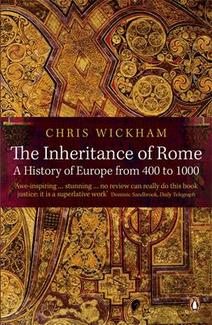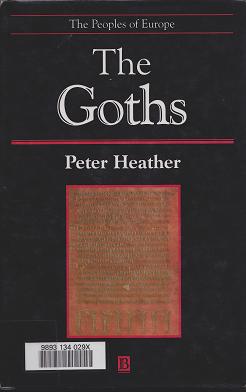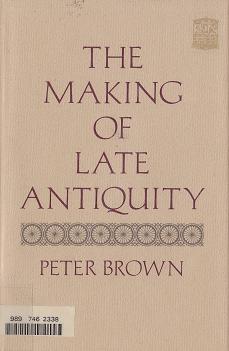As Doctor Who fans know, the BBC has somewhat of a reputation for taping over its own history, more interested in saving some money by reusing video and audio tape than in preserving programmes deemed to not be worth of preservation, like countless hours from the golden age of radio comedy. You would’ve thought they had learned from this, but auntie Beeb is making the same mistakes again, by proposing to wipe some 200 or so of its websites, wiping out a huge chunk of British internet history. As Daryll at 853 put it:
Yesterday’s announcement was the latest in a long line of exercises in self-flagellation. Years of work put in by staff dedicated to the cause dismissed with a wave of the arm. And all for an easy headline to keep the BBC’s enemies happy. For now.
Daryll used to work for the BBC online’s ventures, so this was personal to him, as it was for Martin Belam who called it vandalism:
I’m really not sure who benefits from deleting the Politics 97 site from the BBC’s servers in 2011. It seems astonishing that for all the BBC’s resources, it may well be my blog posts from 5 years ago that provide a more accurate picture of the BBC’s early internet days than the Corporation does itself – and that it will have done so by choice.
I can’t help thinking that in 10 years time there will be comparisons with the short-sighted junking of 60s TV shows – including Doctor Who episodes – that was done in the 70s to save money and space.
Adaction lists some of the websites up for the slash, the most outrageous of which has to be the threatened deletion of the WW2 people’s war, which collected some 47,000 stories and 15,000 or so images from the great British’s public’s folk memories of World War II. That’s not just an important part of BBC history, that’s actually an invaluable historical resource, an archieve of what ordinary people experienced during one of the most important periods in British history, especially important now that World War II has almost slid out of public memory, with fewer and fewer survivors of the war still alive.
Luckily, some anonymous geek actually did something about this incipient act of barbarism while there was still time and copied, archived and torrented the threatened sites:
The purpose of this project is to show how the entire 172 public facing websites that are earmarked for deletion have been copied, archived, distributed and republished online – independently – for the price of a cup of Starbucks coffee (around $3.99).
In other words the true cost saving of this horrendous exercise is nothing more than your morning’s grande skinny caramel latte.
[…]
When I found out the BBC would be deleting 172 of its websites, I spidered and downloaded all of the content under each of these top level directories on the bbc.co.uk domain. I purchased a $3.99 ‘low end box’ type VPS server and began the crawl. In total this took just under 24hrs – and would have been quicker if I had been less kind to the BBC’s servers. For the aforementioned cost of $3.99 for a cup of Starbucks coffee, anyone can obtain, store and keep this content alive and accessible to the general public. And with this torrent I’ve already done the heavy lifting of retrieving the data for you.
This $3.99/month box is now hosting the content and making it available both via both the web and via bit torrent.
Clearly the BBC has additional costs associated with its size and scale, compounded due to the poor decision to sell off the organization’s technical infrastructure to Siemens from whom it now rents those services back from. But even rounding up those 12 cups of coffee/year to £10,000/year, this still represents negligible budget impact and significant license payer value.
Here’s the torrent; almost 2 gigabyte of BBC sites. Do your bit to save history and download and seed this torrent as long as you can.


